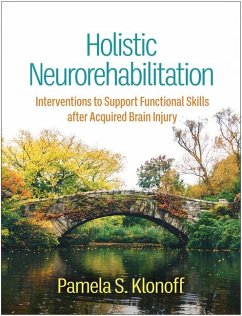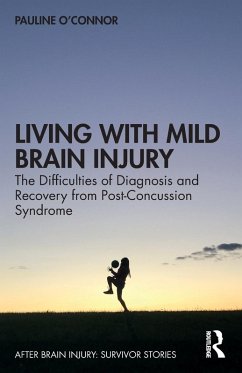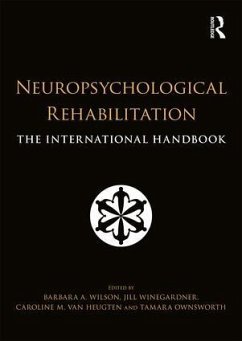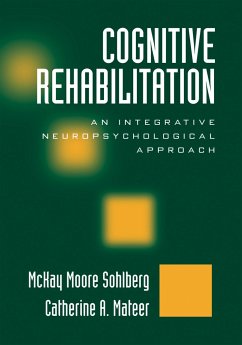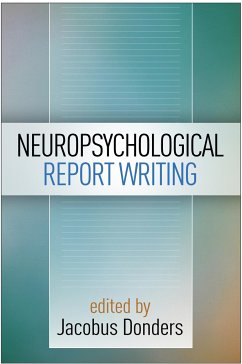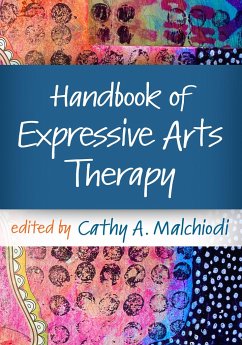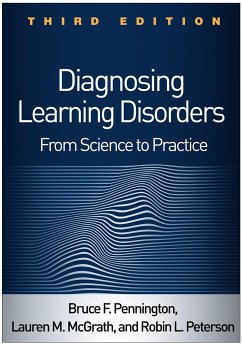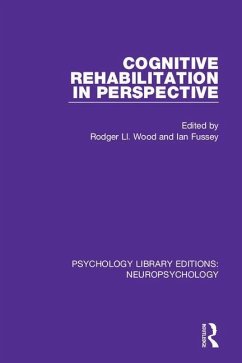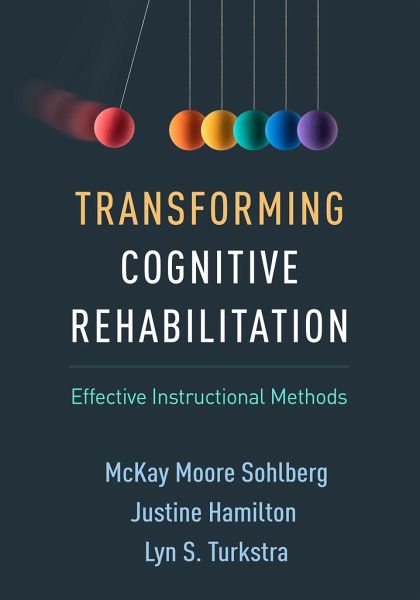
Transforming Cognitive Rehabilitation
Effective Instructional Methods

PAYBACK Punkte
39 °P sammeln!
Grounded in cutting-edge knowledge about cognitive function and recovery from brain injury, this practical reference and text builds on the authors' influential earlier work, Optimizing Cognitive Rehabilitation . It incorporates major advances in the field to provide a new framework for assessing patients and developing individualized rehabilitation plans. The distinguished authors present principles and procedures for teaching cognitive strategies and discrete routines, introducing external cognitive aids, supporting social competence, and more. Included are 19 reproducible planning and progr...
Grounded in cutting-edge knowledge about cognitive function and recovery from brain injury, this practical reference and text builds on the authors' influential earlier work, Optimizing Cognitive Rehabilitation . It incorporates major advances in the field to provide a new framework for assessing patients and developing individualized rehabilitation plans. The distinguished authors present principles and procedures for teaching cognitive strategies and discrete routines, introducing external cognitive aids, supporting social competence, and more. Included are 19 reproducible planning and progress monitoring forms that can be downloaded and printed in a convenient 8 1/2" x 11" size.




